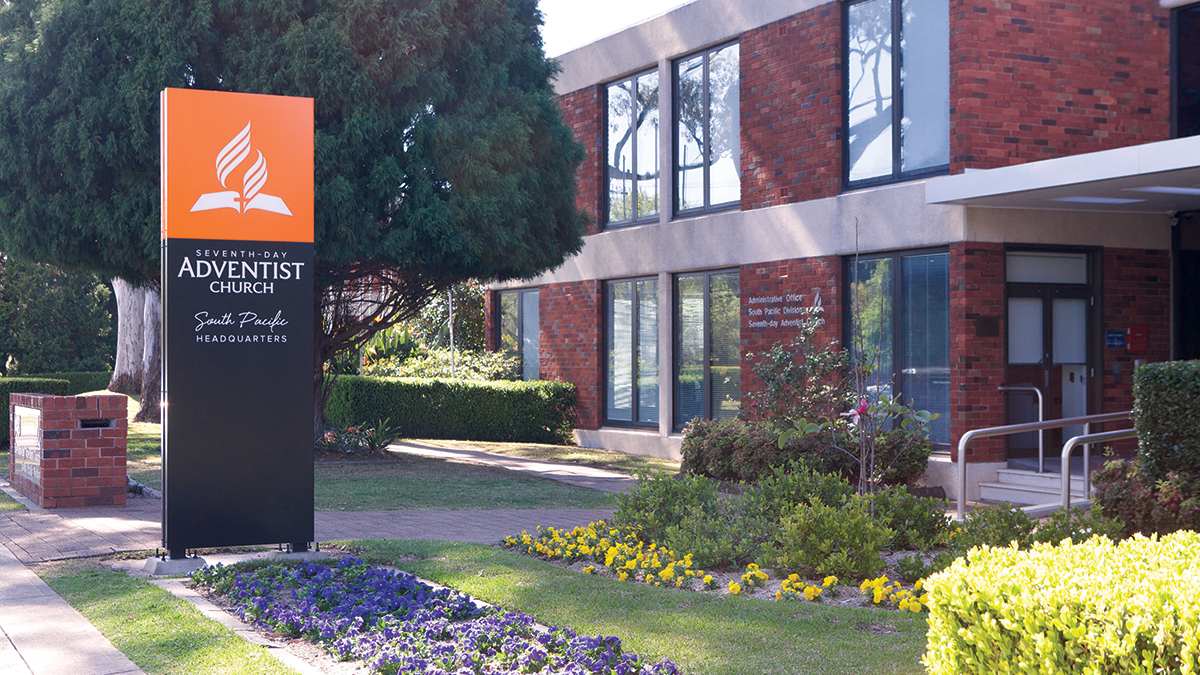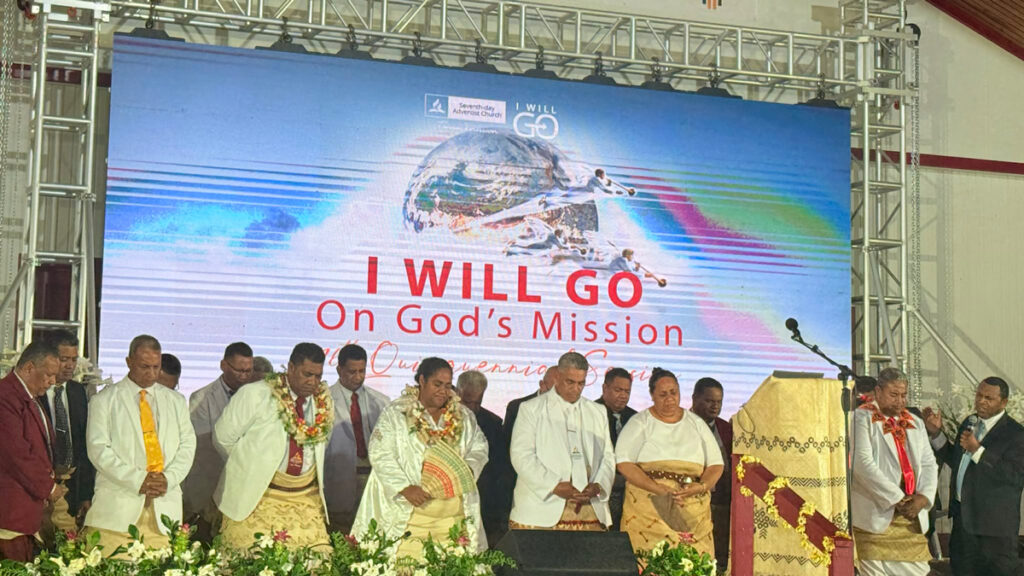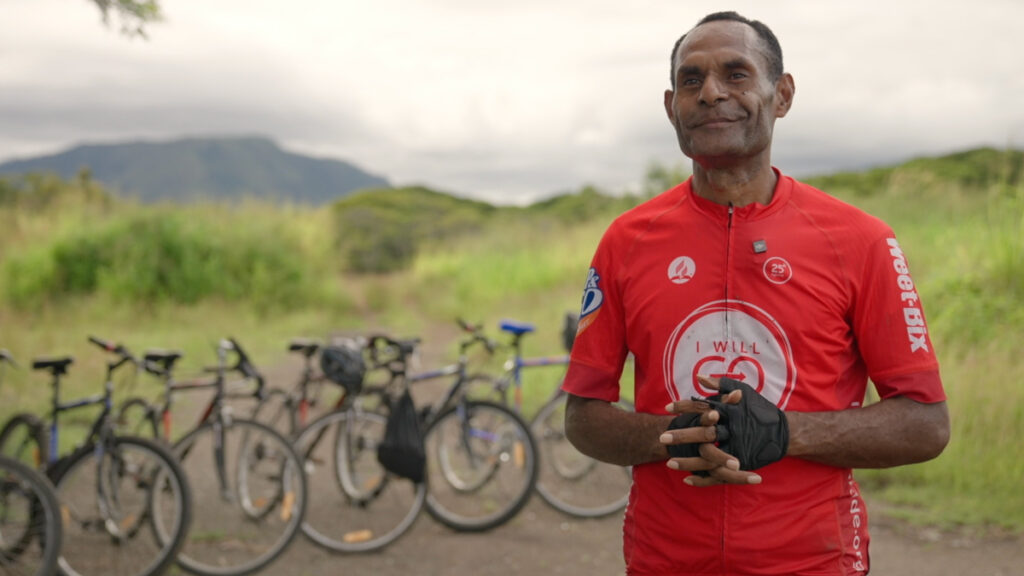Next month representatives from across the South Pacific Division (SPD) will gather at the SPD office in Wahroonga (NSW) to attend the year-end executive meetings.
As the SPD is a division of the General Conference (GC), officers from the GC will also attend. The atmosphere around the Division office will be vibrant and busy due to the many extra people from different cultures. A highlight for many are the devotional times and reports on mission.
It’s important that members of the Division Executive Committee (DEC) are good readers. Most year-end meetings have more than 1000 pages of documents, the majority being reports, proposed policy changes and audited financial statements for the different entities reporting to the meetings. The reading material is accessible via laptop, tablet and smart phone, saving reams of paper.
The meetings are an important decision-making time for the Church and are essential to ensure good governance and stewardship of Division functions. Decisions will be made to elect personnel, change policy or pass recommendations to the GC or unions.
The Church’s decision-making process gives the authority to boards and committees, not individuals. The Church operates as a representative democracy. This is different to a presidential system (substantial power in one person) or a democracy (all members have an equal say). In the Church system different groups appoint representatives to the DEC who each have an equal vote. The largest number of members on the DEC are appointed from the unions. The following graph shows the numbers and composition of the DEC and who they represent:

Reforms in Division governance over the years mean that most DEC functions have been assigned to separate corporate trustees to operate, each with their own board. For example, Sydney Adventist Hospital is cared for by Trustee Adventist Health Care Ltd. Members of the DEC are members of the different Division trustees and act in a similar role to shareholders. It is often incorrectly assumed that the Division president presides over and controls “everything”. Of the 12 organisations that report at the year-end meetings—including Avondale College Ltd, Australasian Conference Association Ltd, and Australian Health & Nutrition Association Ltd—the president is the board chair for just six.
The major focuses of the DEC and year-end meetings are mission, Division strategy, denominational policies, and holding leaders and boards accountable. The process of an annual general meeting for the Division’s corporate trustees has increased both accountability and the visibility of the Division’s different activities. In some cases the information provided is commercially sensitive so members must be able to maintain confidentiality.
The activities of the Division are very diverse with its large institutional base, services and various functions. Collectively the gross income of the different Division functions is substantial, employing more than 5000 people.
It has been an intentional strategy to have some DEC members serve on the boards of the different trustee companies. This gives these members greater insights, improves accountability and enhances the role of those appointed to the DEC.
The SPD is very blessed to have many committed and skilled members from different cultures and backgrounds willing to serve and contribute their time, talents and skills to provide leadership on the DEC.
Rodney Brady is chief financial officer for the South Pacific Division.






